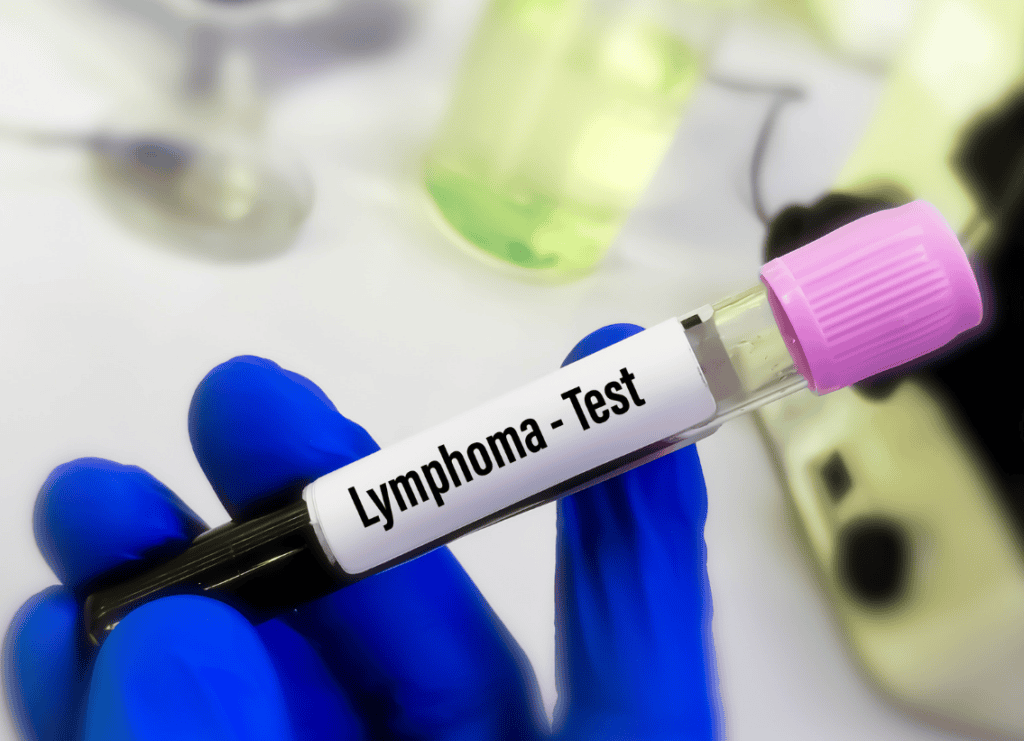Non-Hodgkin lymphoma is a type of cancer that affects a person’s lymphatic system. If your body makes too many leukocytes or white blood cells, it might result in non-Hodgkin lymphoma.
The exact causes of this cancer are not entirely known yet, and research is still in progress. It is considered that a genetic mutation affecting the development of white blood cells has a role to play. These are acquired genetic mutations, which means that rather than being inherited from birth, you acquire them during your lifetime. The risk of developing non-Hodgkin lymphoma is also higher in those with specific illnesses or immune system issues.
In the US, non-Hodgkin lymphoma accounts for around 3% of all cancer-related fatalities. According to a 2019 study, long-term glyphosate exposure often raises the chance of getting this cancer.
Glyphosate is the main component of the Roundup weed killer. In recent years, it has been proven that Roundup exposure raised the risk of NHL by 41%. Many people, as a result, want to sue the company. If you are one of them, the Roundup lawsuit attorneys and other top law firms can be your best option.

The Causes of Non-Hodgkin Lymphoma
It is uncertain what specifically causes non-Hodgkin lymphoma, but a number of factors are linked to a higher chance of contracting the illness.
- Immune system diseases such as Rheumatoid arthritis, Systemic Lupus Erythematosus, and Sjogren’s syndrome
- Immune deficiencies inherited from birth
- Exposure to certain harmful products
- Klinefelter’s syndrome
- Down syndrome
- A family history of Non-Hodgkin lymphoma
- Celiac disease
- Treatments for inflammatory bowel illnesses, especially Crohn’s disease
- Psoriasis
- Bacteria such as Borrelia burgdorferi, Helicobacter pylori, Jovibacter campylo, and Psittaci Chlamydia
- Viruses, including the hepatitis virus, Epstein Barr virus, HHV-8, SV-40, and HTLV-1
Use of the Roundup Weed Killer is Linked to Non-Hodgkin Lymphoma
Since 1974, Roundup has been sold all across the U.S., and it is one of the most popular and efficient weed killers available on the market. However, in recent years, research has been conducted, and this has connected Roundup to non-Hodgkin lymphoma. This is due to the fact that glyphosate, the active component of Roundup, has negative health consequences for people and can be extremely harmful when you are exposed to it long-term.
Although studies on glyphosate’s impacts are still in their early stages, there is enough evidence to classify glyphosate as a probable carcinogen, and more than 30 nations have outright banned or strictly limited glyphosate use. As a result of this research and discovery, a number of significant cases and lawsuits that connected Roundup usage to non-Hodgkin lymphoma have been won by the victims.

Causes of Non-Hodgkin Lymphoma –Conclusion
There are certain risk factors that might raise your chance of getting non-Hodgkin lymphoma. Immune system problems, genetic mutations, viruses, bacteria, and certain medications are some of the causes, but in recent years, another uncommon factor has been linked to NHL. Roundup, a popular broad-spectrum herbicide for weed management, has now been connected to this illness because this product contains glyphosate, a compound that can cause NHL.
Evidence linking glyphosate to cancer has been growing for years, and because of this research, many people finally sued the company after being affected by non-Hodgkin lymphoma. If you, too, think you have been affected by Roundup exposure, you can file a lawsuit against the company with the help of an experienced lawyer.


